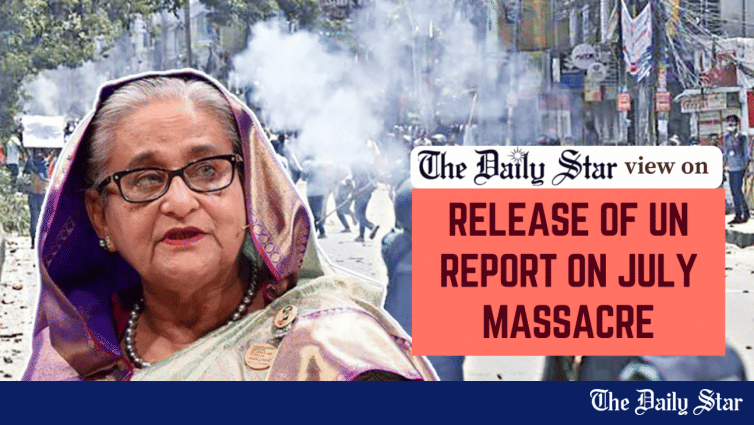Lulldapull
Senior Member
- Messages
- 8,726
- Likes
- 6,985
- Nation

- Residence

- Axis Group

This is very sad on whats going on in Bangladesh. We Pakistanis are the last people to say anything or get a comment in but if innocents were murdered for expressing their opinion, then it is unacceptable.
Keep in mind folks, Mr Assad in Syria asked Iran and Russia to leave, so both complied.......leaving him to his fate.
Lets hope Bangladesh don't become a jahil wahabbi hell hole like a CIA turned Syria might become soon.
Keep in mind folks, Mr Assad in Syria asked Iran and Russia to leave, so both complied.......leaving him to his fate.
Lets hope Bangladesh don't become a jahil wahabbi hell hole like a CIA turned Syria might become soon.






